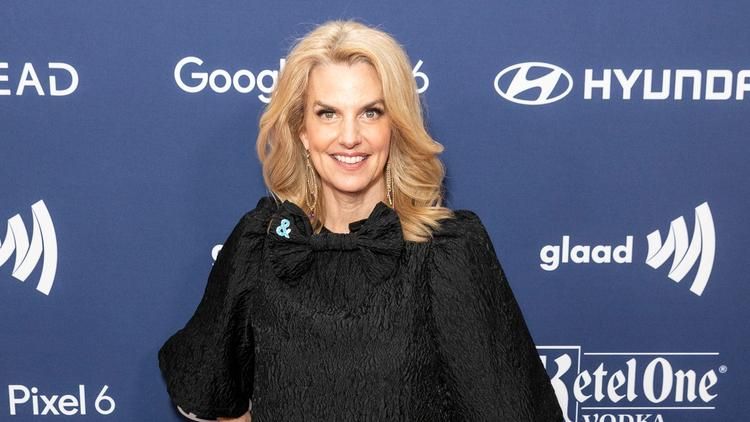It’s been two weeks since the overturning of Roe v. Wade, but a sea of sadness still bleeds through the nation.
The Advocate sat down with the CEO and president of GLAAD, Sarah Kate Ellis, to discuss a post-Roe v. Wade world — one many saw coming but few believed would actually manifest.
“Even though we saw it in black and white… we couldn’t imagine such an important piece of precedent being overturned,” Ellis shared, reflecting on her own reaction to the news.
With the Fourth of July recently passing, the irony isn’t lost on Ellis. As citizens celebrate the “freedom” of a nation, they are simultaneously forced to come to terms with the fact that their own freedom has been revoked.
Beyond being, what some deem, a “woman’s issue,” Ellis urges that this issue is really for anyone who “desires bodily autonomy.”
“Whether or not you’re LGBTQ, female, trans, anyone who needs bodily autonomy, that has had it taken away or has had it policed by government, is in danger here.”
Looking ahead, citizens are expecting the overturning of Obergefell v. Hodges next, a precedent set in 2015, which requires all states to grant marriage equality. Though, Ellis warns, there’s something far “scarier” to be aware of, something that continues to top the conservative agenda.
“I know there’s a lot of talk about marriage equality, and that’s because it’s been such a watershed moment in our society, but there would be no marriage equality if there wasn’t the Lawrence decision.”
The Lawrence decision, referring to the 2003 case Lawrence v. Texas, invalidated sodomy laws — designed to prevent nonprocreative sexuality — across the U.S., granting people the right to engage in intimate sexual activity.
“If they go after Lawrence, which would criminalize being LGBTQ, there is no need to go after Obergefell,” Ellis insists. “Once we are criminalized as citizens…whether or not we’re married is irrelevant at that moment in time.”
Perhaps extreme in the eyes of some, if a post-Roe era leans into anything — it’s the extreme.
“I am not an alarmist but I think that what we have seen over the last several years — through the Trump administration, through the January 6 insurrection, and now the overturning of Roe v. Wade — is that things that we held precious and that we thought were safe in this country are not safe.”
As the search for a potential solution becomes less and less evident, the call to action is anything but. And it’s one we hear time after time.
“For us, as the LGBTQ+ community, it is paramount that we vote in this midterm election because we need to keep the majority in the Senate.”
“I understand that there is a fatigue around voting because ‘every election is life or death, ” Ellis notes, “and unfortunately, in this country right now, if you’re marginalized, that’s the case.”
Ellis encourages all marginalized communities and movements — the women’s movement, LGBTQ+ movement, racial justice movement, disability rights movement, and more — to join forces, stating that “our greatest strength is coming together.”
“We need to all come together and create a comprehensive intersectional plan because it’s all interrelated. You can not pull these apart,” says Ellis. “Progress isn’t linear. I call it the slingshot effect — you get pulled back to move forward.”
Amidst increasingly murky waters and a country’s brimming hope for its government to act in alignment with its own self-declared values, here’s to moving forward.
Watch the interview below.





